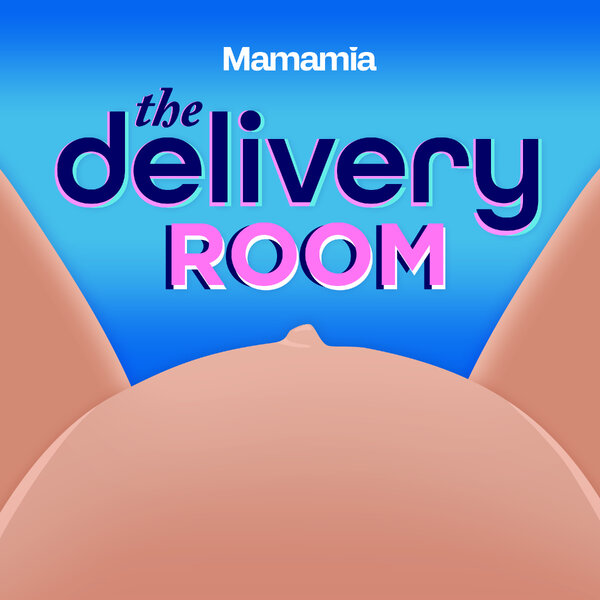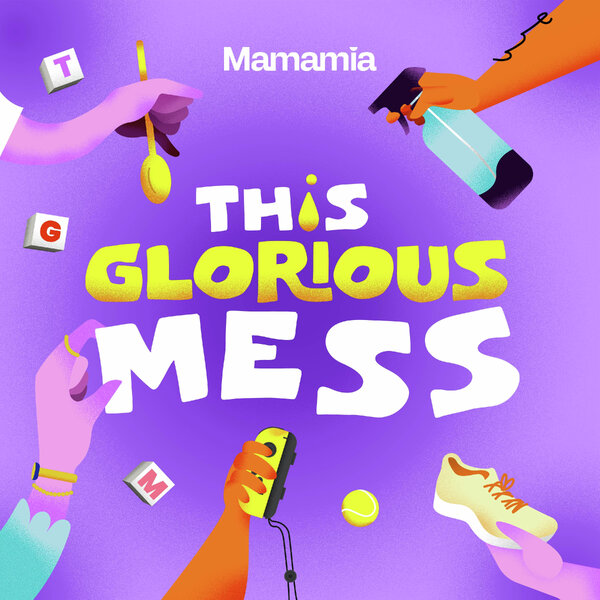
I’m the mother of an 11-year-old child with an ADHD mind, and I hate the diagnosis. I don’t hate my child’s mind - she’s my inspiration. I loathe the name - Attention Deficit Hyperactivity Disorder.
A paediatrician diagnosed my daughter with ADHD when she was eight. The diagnostic process was painless enough. We sat in the play area of a doctor’s office; pictures of green leaves and happy-looking bees lined the walls.
The doctor, a middle-aged man with a steady voice, wanted all the details. He asked about pregnancy, birth, milestones, health, sleep, friends, family, behaviour, screen time, sports, grades - even snack preferences. Then he chatted with my daughter and got her to draw pictures and do activities. She loved it; it was like a quirky playdate.
After a few questionnaires and a psychologist session, my child got a formal invitation to the ADHD club.
And that’s where I got stuck. When I went to share the name of Attention Deficit Hyperactivity Disorder with her, I choked. No one wants a deficit. A deficit means you’re losing, lacking or behind. It means you have less than people expect. The term disorder is no better. A disorder means you’re not functioning right; your bits aren’t in their expected places. The name Attention Deficit Hyperactivity Disorder says you’re a bit broken.
The label got under my skin - my child wasn’t broken.
While you're here, watch Mia Freedman speak about her ADHD diagnosis on No Filter. Story continues after video.


Top Comments